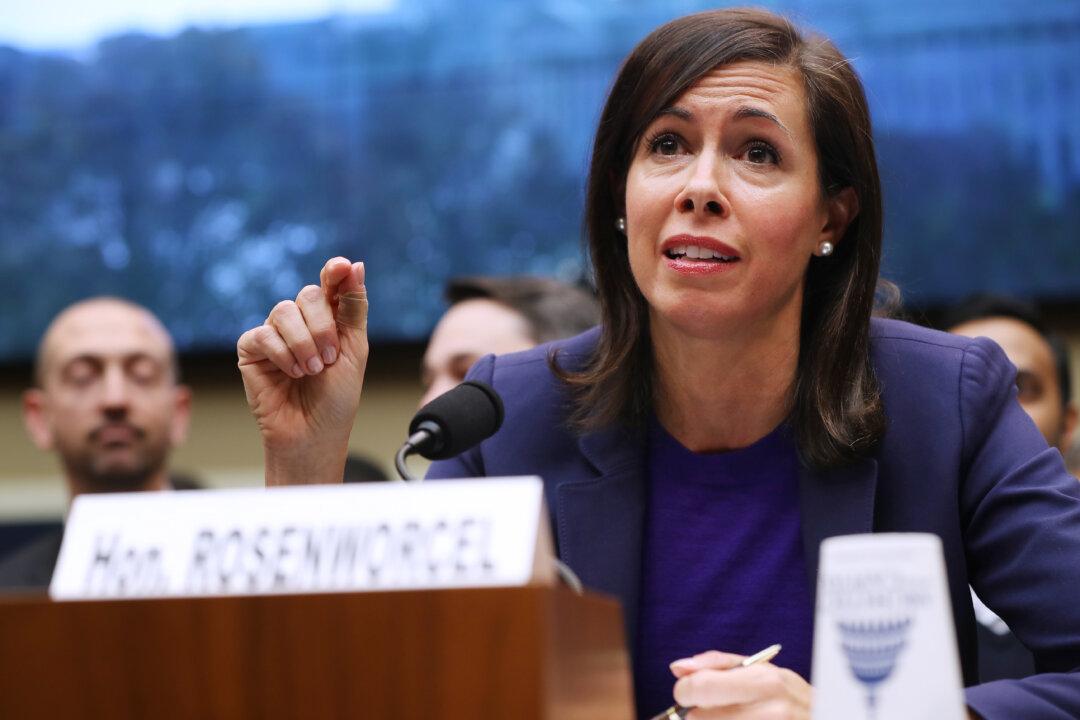The chairwoman of the Federal Communications Commission (FCC) has called on automakers and wireless service providers to help protect domestic abuse survivors from the misuse of connected car tools by abusers.
In a letter sent to nine large automakers and three voice service providers on Jan. 11, FCC Chairwoman Jessica Rosenworcel urged the companies to hand over details regarding how they protect and support people who have been harassed by domestic abusers.




